Dissecting “Don’t Say Gay”
Florida Governor Ron DeSantis (R) signed HB 1557, known as the “Don’t Say Gay” bill, into law on on Monday, March 28, 2022. [Image Source: “Ron DeSantis” by Gage Skidmore is marked with CC BY-SA 2.0.]
March 30, 2022
Earlier this year, the proposal of a bill now widely dubbed the “Don’t Say Gay” bill was announced. Despite uproar and backlash, the bill was signed on March 28, 2022; however, I believe the bill in its totality has failed to be fully examined. Censorship as a whole has become an increasingly relevant issue in recent years, especially in topics pertaining to the LGBTQ community; however, why is this becoming a seemingly bigger issue as the years go on? Better yet, is this bill truly an offender of this issue?
This bill has been made publicly available and its PDF is available here.
To begin, let’s examine this bill. HB 1557, formally titled the “Parental Rights Education” bill, aims to grant more rights for parents, particularly regarding what information the school is allowed to hold, share, and teach. What sparked uproar is the bill’s goal to prohibit LGBTQ topics in the classroom in hopes of allowing such topics to be taught by the parents instead. The full document is about seven pages long. To better understand it, I dissected this bill page by page.
On page 1, the bill truly seems broad, unspecified, and dangerous in nature. Within the first sentence specifying what the bill would be capable of, on line 3 it states, “…requiring district school boards to adopt procedures that comport with certain provisions of law for notifying a student’s parent of specified information…” This sentence alone suggests the impact of students trusting adults at their school only for said information to then be required to be passed onto the parent. If this is in regards to LGBTQ subjects, this could be dangerous in outing children.
Directly after the previous quote, the intention of this bill becomes clear as it adds on line 6, “…requiring such procedures to reinforce the fundamental right of parents to make decisions regarding the upbringing and control of their children in a specified manner…” The first page then goes on to specify the prohibition of withholding any information of the parent no matter the request of the child. Essentially, if the school has information about a child, they’re required to tell the parent despite any outside factor. If there’s any debate as to if this truly pertains to the risk of outing a child, line 21 states it blatantly.
If dangers surrounding forcing a child to formally come out weren’t concerning enough, the bill also continues to potentially place a child’s health at risk. On page 2, line 26, it reads, “…requiring school districts to notify parents of healthcare services and provide parents the opportunity to consent or decline such services…” The reason I highlight this quote specifically is due to the specification that a parent is allowed to decline healthcare services. To expand the subject of the broad nature of this bill, what is a “healthcare service”? If they are defining a healthcare service as its definition provided by Law Insider, a healthcare service “…means services, items, supplies, or drugs for the diagnosis, prevention, treatment, cure, or relief of a health condition, illness, injury, or disease.” If this is the definition being used to define this bill, that means a parent could potentially decline treatment of an injury.
The rest of page 2 and onto page 3 go on to specify the parental rights of their capabilities to act against a school in court and essentially enforce a line of authority; however, I believe this is where most stop reading. Without question, the information provided within the first two pages is disturbing given the immense capabilities it has. If this were the only outline for this bill, I wouldn’t provide a second thought; however, specification is outlined starting on page 3, line 59.
The bill begins to section off the powers that can be performed if the bill were to be enacted. On line 67 of Section 1, the school district board must, “…adopt procedures for notifying a student’s parent if there is a change in the student’s services or monitoring related to the student’s mental, emotional, or physical health or well-being and the school’s ability to provide a safe and supportive learning environment for the student…” This is followed up by specifying that these producers may not interfere with parental rights “…to make decisions regarding the upbringing and control of their children by requiring school district personnel to encourage a student to discuss issues relating to his or her well-being with his or her parent or to facilitate discussion of the issue with the parent.”
This allows us to look deeper into this bill. The nature of “parental rights” in itself is up to debate. To what extent should a parent be allowed control? Well, the bill actually specifies scenarios where control is withheld from the parent. Section 2 on page 4 admittedly begins in a seemingly controlling and disturbing fashion. It reads, “A school district may not adopt procedures or student support forms that prohibit school district personnel from notifying a parent about his or her student’s mental, emotional, or physical health or well-being…” A lot of concern surrounding this bill pertains to the fact that sharing information surrounding mental health, sexual orientation, and gender identity can put a child at risk; however, line 91 of section 2 actually recognizes that these dangerous situations do exist.
Regardless, providing this as an option rather than a requirement is a risk.
Despite this, there is the issue pertaining back to page 1, line 21, regarding the prohibition of classroom discussion about sexual orientation and gender identity. Initially, it seems broad due to the only guideline being, “…in certain grade levels or in a specified manner…”; however, section 3 details these levels and manner. It reads, “Classroom instruction by school personnel or third parties on sexual orientation or gender identity may not occur in kindergarten through grade 3 or in a manner that is not age-appropriate or developmentally appropriate for students in accordance with state standards.” This does leave the question of if the statement could pertain to higher education. Once a child is past grade 3, should there be concern about the child being outed, mistreated at school, or if the child will even be permitted to learn about LGBTQ issues? This is one of the many issues with the bill; however, I do believe section 3 is often skipped or misread in reading the capabilities of this bill.
Most other sections mostly pertain to requiring parental consent for students of young ages. From section 4, specifying student support training services to adhere to guidelines established by the Department of Education, to section 6, requiring parental consent for well-being questionnaires and health screenings for students between kindergarten and grade 3, a lot of this bill has simply been skimmed and misinterpreted. From my dissection, the biggest offender on this list out of the fully established sections is section 5 regarding healthcare services. It much reflects the issue explained earlier in this piece: what defines healthcare services and should a parent have the right to deny these services? It’s concerning as it does not specify any age group which suggests that any student of any age can be denied these services entirely based on parental consent; however, this section has hardly faced scrutiny.
To be clear, this bill is wrong. The flaws are apparent from the getgo, and I truly believe this bill should’ve never been signed, especially in the state it was. This bill would theoretically function well in favor of promoting a positive relationship between students and parents if it were not to be twisted in a way that works against LGBTQ youth.
Does the bill specify that risk and only prohibits discussion in totality to grade 3 and under? Yes, and it also specifies that a school can decide not to disclose this information if there is reason to believe that such information could result in harm to the child; however, I truly don’t think this issue is black and white enough to be written and established, especially so vaguely. Considering the young age, how certain can teachers and staff be that a child isn’t hiding the fact that they could face harm? Not only that, no matter what age, a child expressing such information could result in further actions much more complicated than simply withholding information. How is reasonable concern being determined? Is it as simple as a student saying, “I’m not comfortable with that being shared,” or does it need to be as blatant and obvious as a student informing staff of abuse in their home?
To expand further into how this information could be twisted, despite the bill specifying discussion regarding LGBTQ subjects only up to grade 3, is there any possibility that disclosing information to a parent regarding a student’s, “…mental, emotional, or physical health or well-being…” could be twisted into including a student’s sexual orientation or gender identity? Could a school theoretically define a child deciding to change their name and/or change their pronouns as a concern regarding their well-being? It’s much too vague for something so dangerous as well as something capable of censoring information without any true reason as to why aside from parental consent.
HB 1557, “Parental Rights Education” bill, “Don’t Say Gay” bill–no matter the name you find appropriate for it, at the end of the day, I believe this should not be have been passed, but I do believe there are many misconceptions about the capabilities of this bill. Regardless, this bill is much too vague and the issue it’s pertaining to is much too gray to attempt to write into a 7-page bill. Either this bill needs to be much longer and much more specific, needs to be rewritten entirely, or it needs to not exist at all. This does spark the discussion of what does this bill aim to fix in the first place? Is a lack of parental knowledge and the right of a parent’s role in education truly abhorrent enough to warrant a bill that could endanger students? I can’t give an absolute answer to that; however, I can say that censoring topics relating to gender identity, expression, or orientation in any setting is blatantly wrong. Whether the focus of the bill or not, the backlash surrounding such sections is warranted and sparks a well-needed conversation. Regardless, of whether this bill is risking outing a child or sidelining their health, a parent’s want of involvement does not overturn a child’s need for safety.



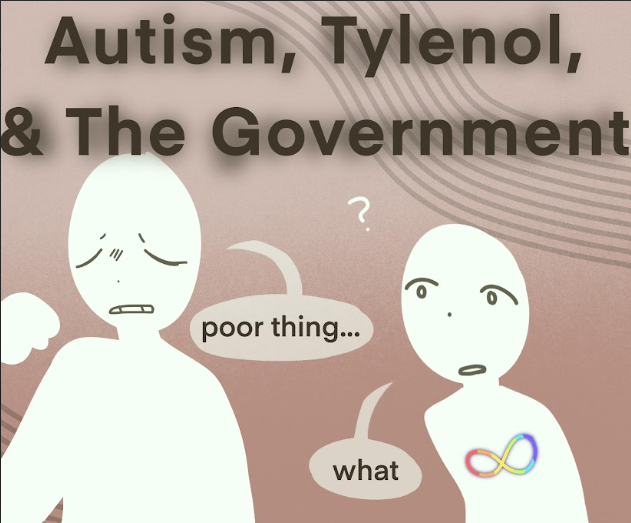
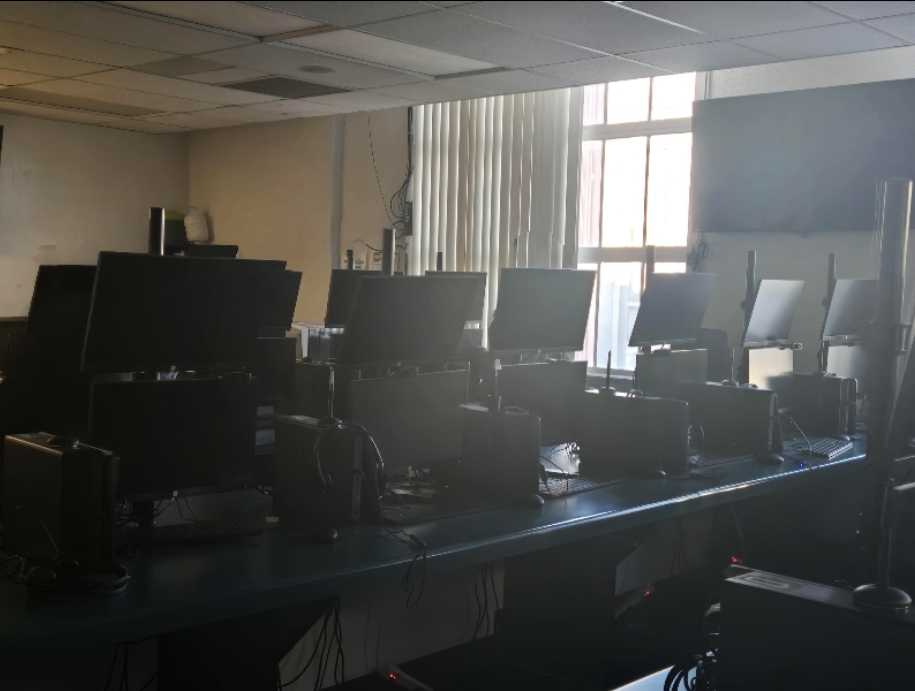

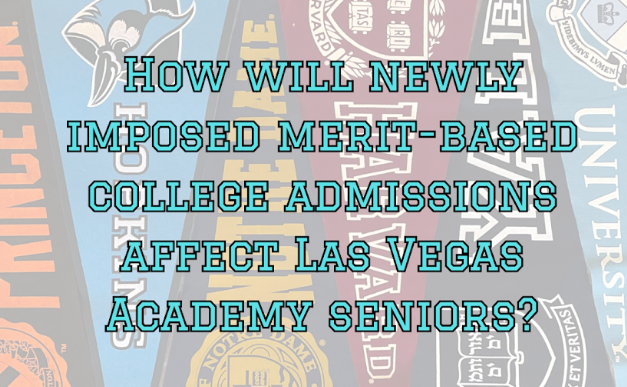


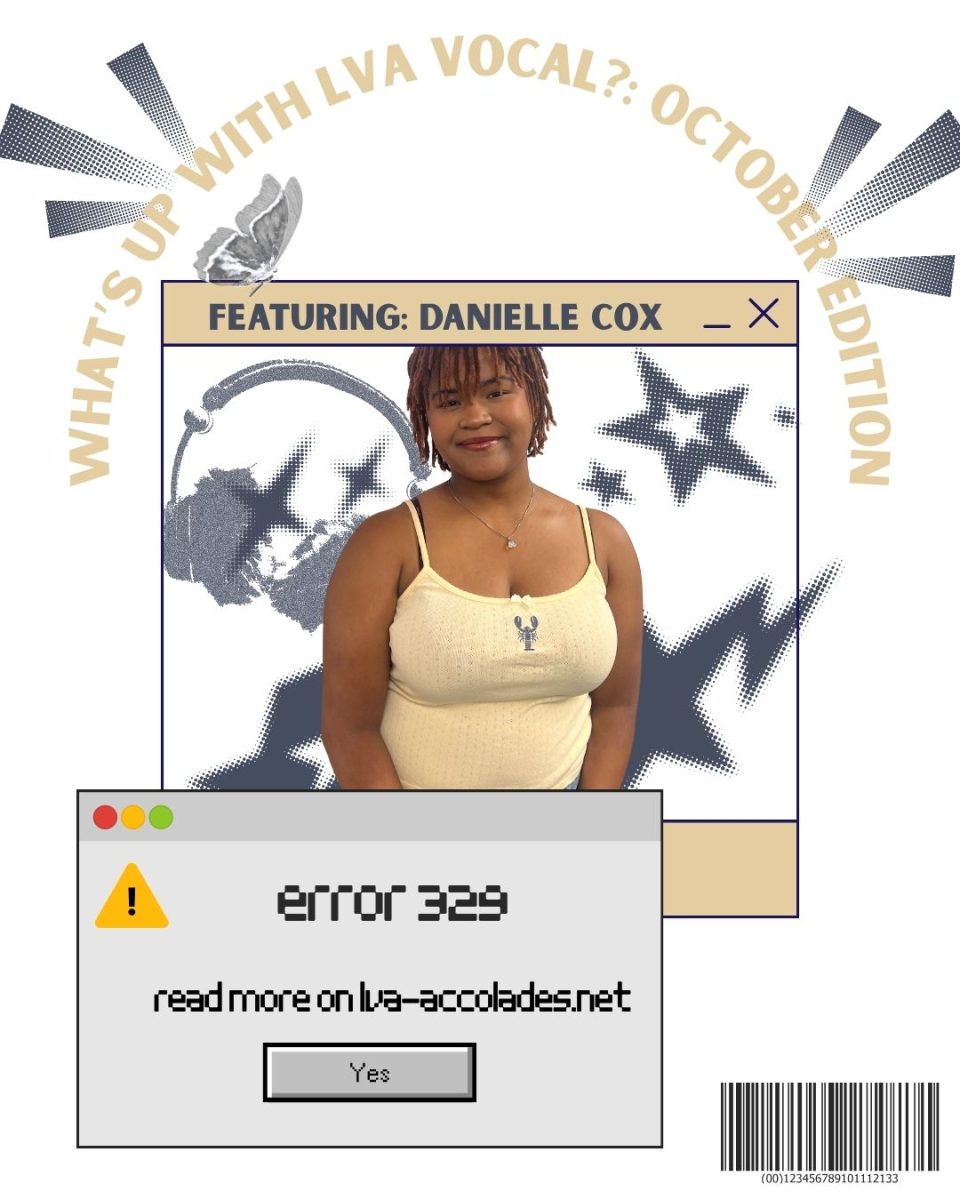
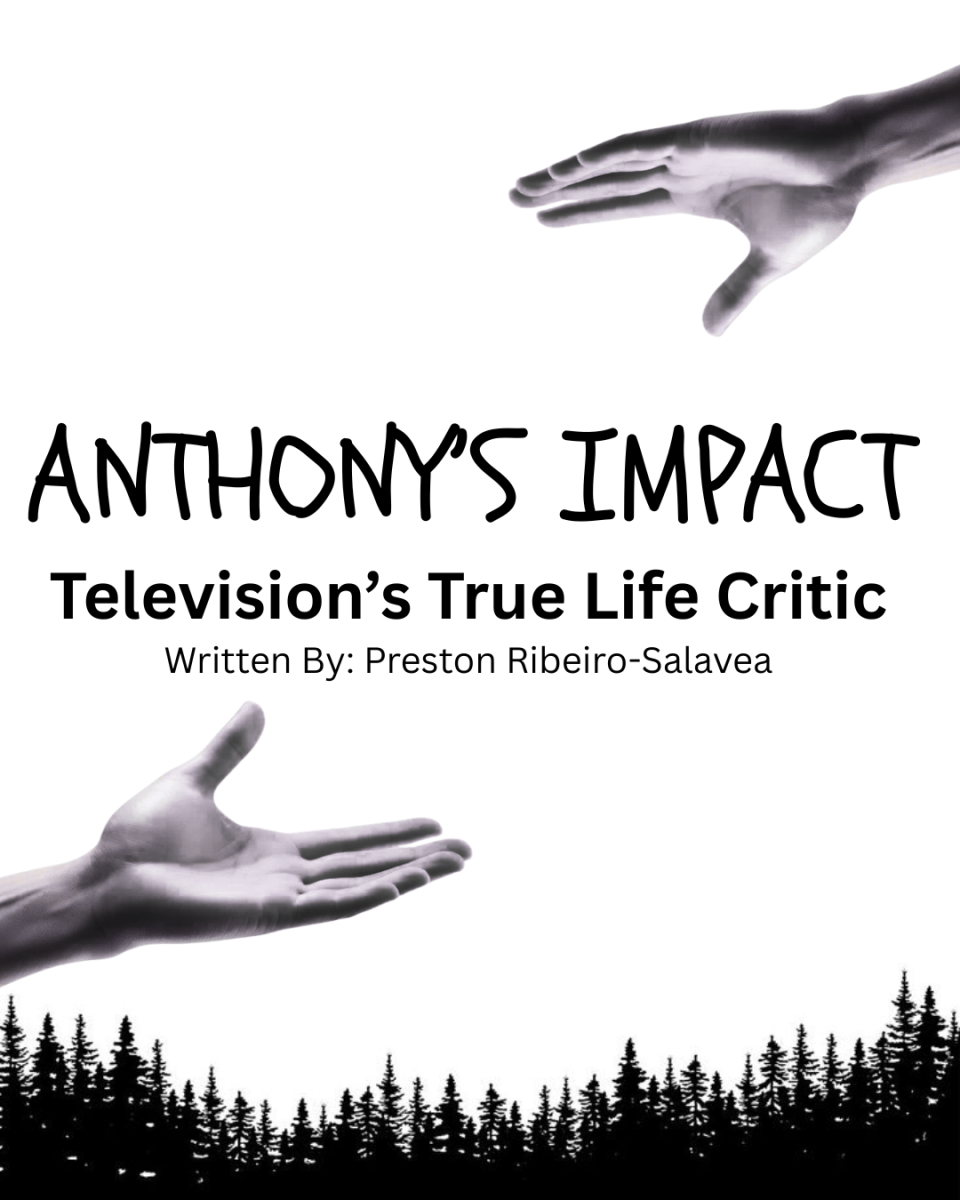








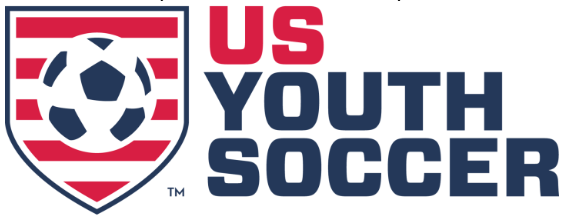

![Florida Governor Ron DeSantis (R) signed HB 1557, known as the "Don't Say Gay" bill, into law on on Monday, March 28, 2022. [Image Source: "Ron DeSantis" by Gage Skidmore is marked with CC BY-SA 2.0.]](https://lva-accolades.net/wp-content/uploads/2022/03/31542331707_54e05007b1_c.jpg)
